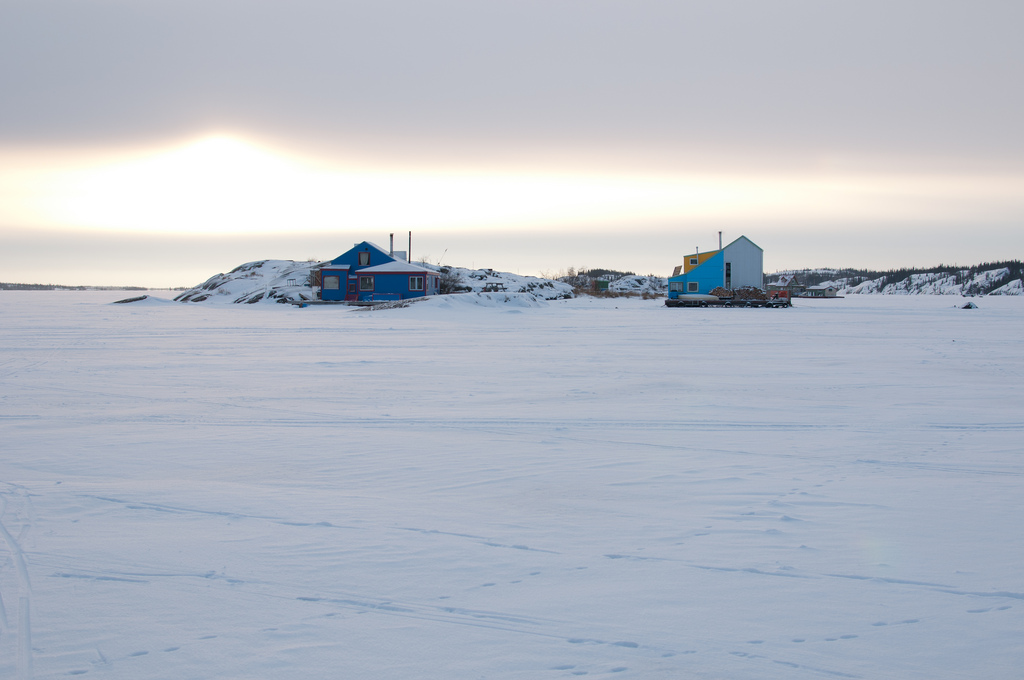The Arctic is the fastest warming place on Earth and its water faces numerous pressures, from increased mercury transport to dissolved organic carbon and greywater dumping. Indigenous knowledge combined with Arctic research is essential to helping the government better understand how to protect northern regions against the impacts of climate change.
This was the topic of a speech delivered by Stéphane Dion, Ambassador to Germany and Special Envoy to the European Union and Europe, on behalf of Kirsty Duncan, Minister of Science and Sport, during the second Arctic Science Ministerial meeting, which took place in Berlin, Germany, on October 25th and 26th, 2018.
“Our understanding of the challenges faced in the Arctic region, as well as their solutions, must be guided by local knowledge,” said Special Envoy Dion. “Our ever-expanding scientific knowledge on the impacts of climate change in the Arctic is most valuable when used to address the pressing adaptation needs of northern communities and the wellness of Arctic residents, together with Arctic residents.”
Dion attended the conference as the head of the Canadian delegation and signed a joint statement with the other attending nations on Arctic science collaboration. The conference was a gathering of science ministers from Arctic and non-Arctic states, as well as representatives of Indigenous and international organizations.
?? @AmbStephaneDion stressing #Canada‘ important contribution to #Arctic research, including in building resilient communities. “Having sustainable- or self-destructive development, will depend much on #science”. ASM2 pic.twitter.com/GEyqYPg8zQ
— Marie-Anne Coninsx (@MarieAnnConinsx) October 26, 2018
The themes discussed at the second Arctic Science Ministerial included:
- strengthening, integrating and sustaining Arctic observations;
- facilitating access to Arctic data and sharing Arctic research infrastructure;
- understanding regional and global dynamics of Arctic change; and
- assessing vulnerability and building resilience of Arctic environments and societies.
In his address, the special envoy discussed how science and Indigenous knowledge are key to understanding the threats Arctic communities face, which is necessary for building a path toward thriving, resilient environments and societies in the North. He highlighted how polar regions are subject to some of the most immediate and dramatic effects of global climate change and talked about how Arctic societies, environments and economies are experiencing these challenges first-hand.
“Our government is committed to strengthening evidence-based decision making, and the Arctic is no exception to this,” said Minister Duncan. “That is why Canada is co-developing an Arctic and Northern Policy Framework with Indigenous, territorial, and provincial representatives.”
The federal Budget 2018 allocated $20.6 million over four years to POLAR Knowledge Canada in support of the Canadian High Arctic Research Station campus to enable world-class, cutting-edge research that strengthens Canadian leadership in polar science and technology.









